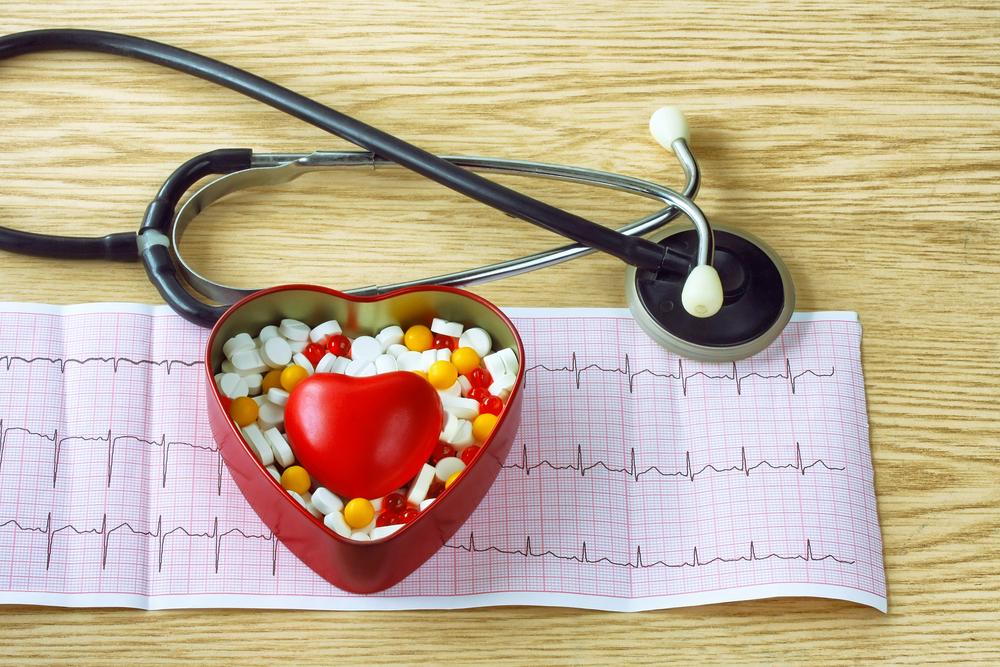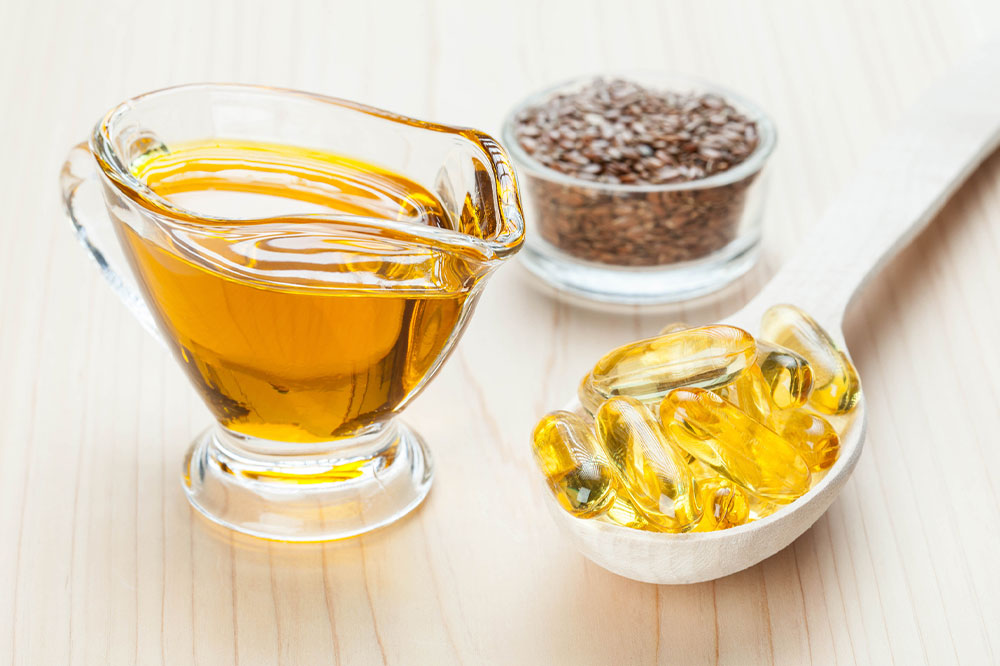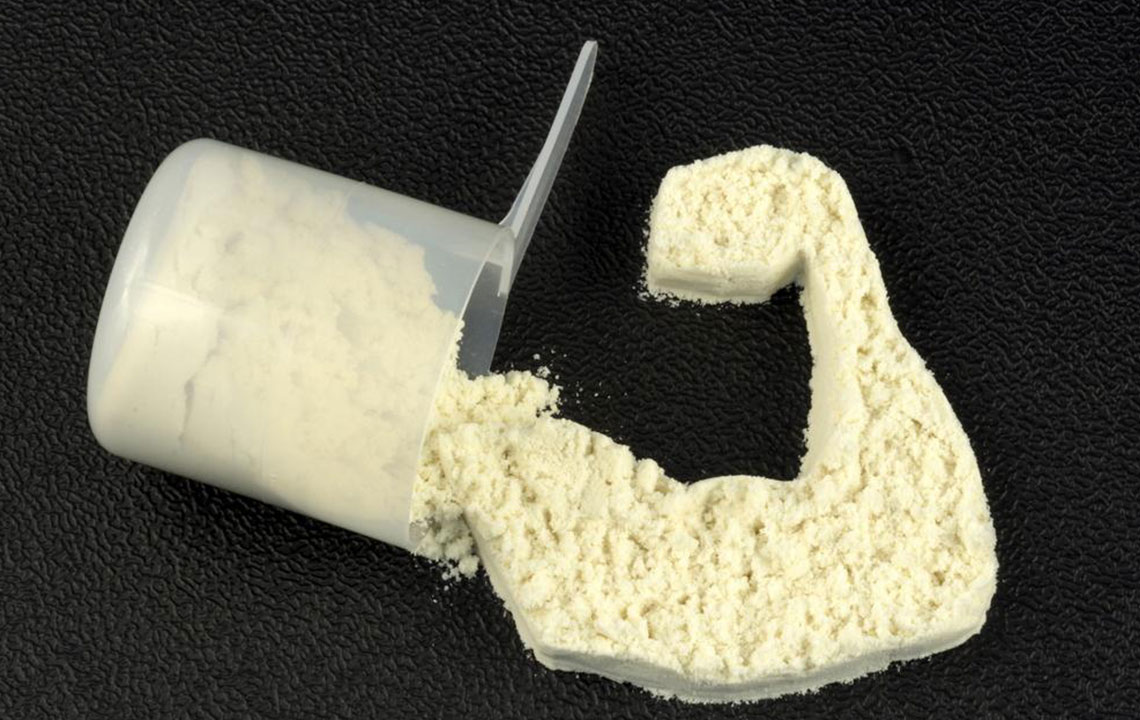Top 10 Heart Supplements for Cardiovascular Health
Maintaining cardiovascular health is crucial for overall well-being, and adopting a heart-healthy lifestyle is essential for keeping your heart in optimal condition. Alongside regular exercise and a balanced diet, supplements can play an important role in supporting heart health. However, it’s vital to choose the right supplements based on credible research and under professional guidance. Below, we explore the top 10 heart supplements known for their beneficial effects on cardiovascular health.

1. Omega-3 Fatty Acids
Omega-3 fatty acids, commonly found in fish oil supplements, have been extensively studied for their heart health benefits. These essential fats contribute to lowering triglyceride levels, reducing inflammation, and preventing the formation of dangerous clots in the arteries. Omega-3s can also help reduce blood pressure and improve overall cardiovascular function.
Sources
– Fatty fish such as salmon, mackerel, and sardines
– Fish oil supplements
2. Coenzyme Q10 (CoQ10)
CoQ10 is a naturally occurring antioxidant in the body that plays a crucial role in energy production at the cellular level. It supports heart health by reducing oxidative stress and improving mitochondrial function. CoQ10 may also help lower blood pressure and improve symptoms in individuals with congestive heart failure.
Sources
– Meat and poultry
– Organ meats (like liver)
– CoQ10 supplements
3. Magnesium
Magnesium is an essential mineral that helps regulate blood pressure, support normal heart rhythms, and maintain healthy arteries. Adequate magnesium levels are associated with a reduced risk of cardiovascular disease. It also plays a role in muscle function, including the heart muscle.
Sources
– Green leafy vegetables (such as spinach)
– Nuts and seeds
– Whole grains
– Magnesium supplements
4. L-Arginine
L-Arginine is an amino acid that serves as a precursor to nitric oxide, a compound that relaxes blood vessels and improves blood flow. Through vasodilation, L-Arginine can help lower blood pressure and prevent the development of vascular diseases.
Sources
– Meat and poultry
– Dairy products
– Legumes
– L-Arginine supplements
5. Fiber Supplements
Dietary fiber is crucial for maintaining heart health by lowering cholesterol levels, improving blood sugar control, and supporting weight management. Soluble fiber can help reduce low-density lipoprotein (LDL) cholesterol, which is often referred to as “bad cholesterol.”
Sources
– Oats
– Fruits and vegetables
– Legumes
– Fiber supplements like psyllium husk
6. Vitamin D
Vitamin D deficiency has been linked to an increased risk of cardiovascular disease. This essential vitamin helps maintain adequate levels of calcium in the blood, supporting proper function of the cardiovascular system. Regular exposure to sunlight and consumption of vitamin D-rich foods can help maintain adequate levels.
Sources
– Fortified dairy products
– Fatty fish
– Egg yolks
– Vitamin D supplements
7. Green Tea Extract
Green tea extract is rich in antioxidants, particularly catechins, which can support heart health. Studies suggest that green tea extract can help lower LDL cholesterol levels, reduce blood pressure, and improve overall endothelial function, thus reducing the risk of cardiovascular disease.
Sources
– Green tea
– Green tea extract supplements
8. Potassium
Potassium is an essential mineral that helps balance electrolytes and fluids in the body, contributing to heart health by regulating heartbeat and blood pressure. Adequate potassium intake can prevent hypertension and reduce the risk of stroke.
Sources
– Bananas
– Leafy greens
– Tomatoes
– Potassium supplements
9. Garlic
Garlic has been used for centuries not only as a culinary ingredient but also for its medicinal properties. It contains allicin, a compound that can help reduce cholesterol levels, lower blood pressure, and improve overall heart health.
Sources
– Raw garlic
– Garlic supplements
10. Folic Acid (Vitamin B9)
Folic acid, a type of B vitamin, helps regulate levels of homocysteine, an amino acid linked to increased risk of heart disease. High homocysteine levels can damage blood vessels and lead to atherosclerosis. Ensuring adequate folic acid intake can help mitigate these risks.
Sources
– Leafy green vegetables
– Citrus fruits
– Beans and legumes
– Folic acid supplements
While adding these heart supplements to your routine can support cardiovascular health, it’s crucial to consult with a healthcare provider before starting any new supplementation. Supplements can complement a heart-healthy lifestyle but should not replace a balanced diet, regular physical activity, and medical advice. Prioritizing comprehensive lifestyle changes will contribute to lasting cardiovascular health and overall well-being.




